Common Foliar Mistakes & How to Fix Them
Posted on July 11, 2025
Foliar applications are a proven strategy for providing crops with quick access to key nutrients during the growing season. When executed correctly, they can support plant health, improve nutrient uptake, and help mitigate midseason stress.
However, mistakes in application can reduce effectiveness, or worse, harm the crop. Ensuring proper application will provide effective delivery of nutrients in the crop. To maximize this impact, avoid the below mistakes to ensure better results across your acres.
Spraying at the Wrong Time
Timing is crucial for foliar applications. Application during peak sun or extreme temperatures can lead to evaporation or leaf damage. Best practices include spraying during the early morning or late afternoon when temperatures are moderate and humidity is higher. These conditions support better absorption and minimize plant stress.
Poor Coverage
Uneven application can result in missed areas, reduced uptake, or even the risk of burn to crops. This can be mitigated by adjusting equipment settings.
Use well-calibrated machinery with a fine mist nozzle to ensure uniform coverage, especially on both the top and underside of the leaf surface where nutrient uptake occurs.
Mixing Incompatible Chemicals
Some nutrients or pesticides can react negatively when combined. Always review and check the product label for compatibility recommendations; before mixing, remember to test on a small section before adjusting to a larger scale.
Incorrect pH Levels
If the pH of the spray solution is outside the optimal range, nutrients may become unavailable to the plant. Check and adjust the pH to the ideal range which typically ranges from 5.5-6.5 for most foliar sprays.
Ignoring Weather Conditions
Rain or strong wind can wash away or disperse any solution before absorption, reducing effectiveness. Monitor weather forecasts and aim for stable conditions for several hours post application. Avoid spraying in windy or rainy conditions and be sure to check local and state laws and regulations on applications, especially those containing pesticides.
Over Application
Excessive application can cause nutrient toxicity or contribute to leaf burn, especially in sensitive crops. Follow label rates and observe recommended application intervals. Pay close attention to crop response and adjust accordingly.
Our Solution
At The Andersons, we understand the importance of timely, efficient nutrient applications. Our foliar nutrition products are designed to support plant health and performance when crops need it most. Whether you’re addressing a nutrient deficiency or supporting the plant through a key growth stage, proper applications make the difference.
For more guidance on foliar products and application best practices talk with your local sales rep. We're here to hely you maximize your acres.



